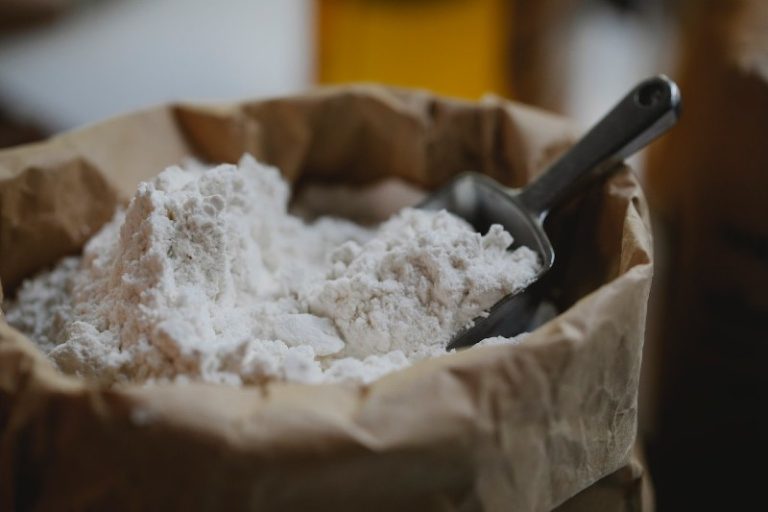Mr. B’s Kitchen Diaries. Part 4
Updating my diary this month pains me. You will understand at the end how evanescent and strange life’s vicissitudes be, quickly turning to derail your endeavours and rotate your attentions.
For not only did I abysmally fail in my attempts to oust our lazy cook, Mrs. P, from the household, but through an ironic twist of fate the hunted became the hunter. She somehow inveigled her way into Her Ladyship’s affections and persuaded her to hire her barely twenty year old grandson, Arthur, to come and work in our household. She was determined that Arthur would take my position, and become the next butler here, in this beautiful stately home, in the position I hold so dear.
Mrs. P did so little in the way of cooking, and she was so slovenly in her duties, so lax in her preparations and so disinterested in domestic service that it is no wonder she had so much time on her hands to plot and scheme.
Out of the kitchen came tureens of watery, tepid soup, stale bread, dry meat, burned kippers, melted ice cream and crusty porridge. His Lordship and Her Ladyship did not bat an eye lid. The children joked and placed their plates of uneaten food under their chairs in the dining room table so that the dogs, Horace and Hannibal, could eat their untouched dinners for them. The “Two H’s” as they are known, sniffed precariously at the bowls, then turned away, in the full knowledge that dry dog food was far safer.
Arthur has spent two years at catering college in London and was really keen to go and work in the restaurant business when his heinous grandmother persuaded him to oust me from my job. I could hear her in the corridors, as she held on to his arm and rasped, “Listen, learn and overtake, Arthur. Overtake him. You can do it. I know you can.”
I knew full well Arthur was not butler material. He did not have the hand of deference, the turn of patience, the call of quietness. When you are a butler you have to predict what your master wants before he even knows he wants it. You have to have a mental recall of all the family’s daily schedule, and know when the schedule can be changed or deferred. Breakfast is served at 8.00 a.m., lunch is at 1.00 p.m., tea is at 4.00 p.m., drinks are at 7.00 p.m., dinner is at 8.00 p.m. There is a time for everything, and everything and everyone must be in their place. In between scheduled times you have to know who in the household cavalry should be doing what, when and where. It is a job of the utmost discretion, integrity and precision, so that everything runs completely smoothly at all times for all your employers and their visitors, without them having the slightest inkling how difficult your job really is.
His Lordship has great plans for the estate, and a great number of people have been coming and going this month from the house. Architects, planners, council officials and designers have been coming to the house, in a flurry of appointments and site visits. We are turning outbuildings into a plant nursery and café, and a new driveway, car park, shop, tea room, loos and gift shop are going to be fashioned out of a courtyard and a small field which is now home to an old dairy, a series of dilapidated greenhouses and stables.
As a result, the housekeeper and I have been ferrying tea and coffee, cakes and sandwiches to and from the kitchen, to all the various meetings round the estate. We have been made party to all the developments as, when the new facilities are opened, we may well have to train and liaise with the new staff coming on board.
We have spent long hours discussing the various requirements of the new restaurant kitchen, the kitchen garden sales stall in the courtyard, the layout of the café and the interaction between the head gardener, the household staff and the new café kitchen staff. “At least our visitors will eat well!” said the housekeeper, “Even though we have to eat swill!”
It was last week that our world changed irrevocably. It was a Tuesday, a very hot, airless day. I remember that at breakfast Mrs. P was complaining that the Rayburn had to be turned off, we would have to rely on the electric cooker now that Summer was here. She said she could hardly breathe in that kitchen, it was so unbearable. She looked her usual pale and puffy self, her addiction to cigarettes, stout and lardy food not helping the angina and headaches that constantly afflicted her. We took no heed, as her complaining is like a gramophone record stuck on an ingrained whingeing, solipsistic groove.
I was preparing the wage envelopes in my study when I heard running in the corridor. “MrB! Mr.B!” I heard a boy shout. Arthur ran into my room, “You’ve got to come quickly Mr. B, something’s happened to my Grandma. You’ve got to come now!” We both ran down the corridor, through the other side of the basement and up the small flight of stairs to the kitchen.
There, at the threshold of the kitchen door, on the brick floor, flat on her stomach, red arms stretched out, with the strange, pallid gaze of a sick animal that knows its time is up, lay Mrs. P.
To be continued.


